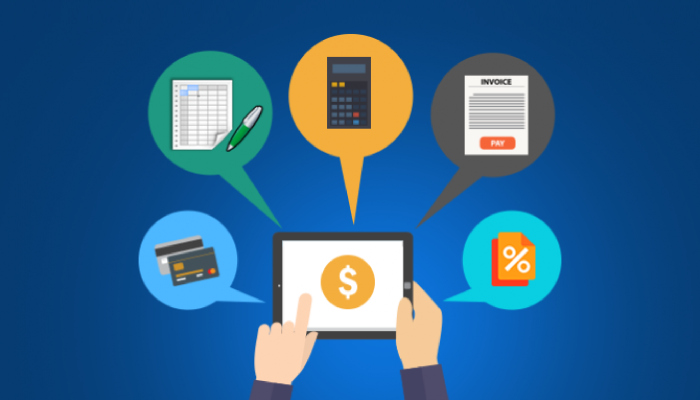 Maintain Accounts in Retail Store
Maintain Accounts in Retail Store
1. Set Up Accounting System:
Choose a suitable accounting software or system to record and track financial transactions. Popular options include QuickBooks, Xero, or Wave.
2. Chart of Accounts:
Develop a comprehensive chart of accounts tailored to your retail business. This will categorize various transactions such as sales, expenses, assets, liabilities, and equity.
3. Sales Transactions:
Record all sales transactions accurately. Ensure that each sale is documented, including the date, customer details, products sold, quantities, prices, and any discounts applied.
4.Purchase Transactions:
Log all purchases, including inventory, supplies, and other expenses. Include vendor information, dates, items purchased, quantities, costs, and any applicable taxes.
5. Inventory Management:
Implement an inventory tracking system to monitor stock levels, reorder points, and any adjustments due to damages or theft. Regularly reconcile physical inventory with accounting records.
6. Accounts Receivable:
Keep track of outstanding payments from customers. Send invoices promptly, follow up on overdue accounts, and record received payments accurately.
7. Accounts Payable:
Manage vendor invoices and payments efficiently. Pay bills on time to maintain good relationships with suppliers and avoid late fees.
8. Bank Reconciliation:
Regularly reconcile your bank statements with your accounting records which ensures accuracy and helps identify any discrepancies or errors.
9. Expense Tracking:
Categorize and record all business expenses, such as rent, utilities, salaries, marketing, and other operational costs.
10. Payroll Management:
If you have employees, accurately process payroll, including wages, taxes, and benefits. Deduct and remit the necessary payroll taxes.
11. Financial Statements:
Generate financial statements regularly, including the income statement (profit and loss), balance sheet, and cash flow statement which provide insights into your business’s financial health.
12. Tax Compliance:
Stay compliant with tax regulations. Calculate, withhold, and remit applicable sales taxes, income taxes, and any other taxes based on your jurisdiction.
13. Data Backup:
Regularly back up your accounting data to prevent loss due to technical issues or data corruption.
14. Audit Trails:
Maintain clear audit trail for all financial transactions. This helps track changes and ensures accountability within the organization.
15. Financial Analysis:
Analyze your financial data to make informed decisions. Identify trends, areas for improvement, and potential cost-saving measures.
16. Internal Controls:
Implement internal controls to prevent fraud and errors. Segregate duties, limit access to financial systems, and perform periodic reconciliations.
17. Professional Help:
Consider hiring an accountant or financial advisor to ensure accuracy, especially for complex financial matters.
18. Regular Reviews:
Schedule regular reviews of your accounts to catch discrepancies, identify patterns, and make informed decisions for your retail business’s financial growth.
Remember that Maintain accounts in a retail store accurate and up-to-date Maintain accounts in a retail store is essential for making informed business decisions, demonstrating financial health to stakeholders, and ensuring compliance with legal and tax requirements.
FAQs:

